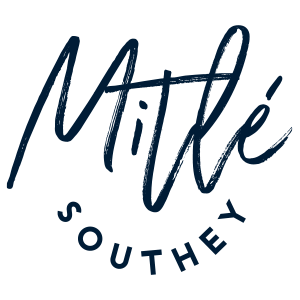Guidance and Training as a Circle Holder
The Importance of Receiving Guidance and Training as a Circle Holder
Circles held by skilled and experienced Circle Holders offer powerful and transformative experiences for personal and community wellbeing.
In my experience, holding circles can be an incredibly powerful way to connect with others, explore our shared experiences, and support one another on our journeys.
It is important to recognise that there are multiple facets to holding Circles; we are space holders, ceremonialists and facilitators (and more).
When I started holding circles I could hardly find any information about “how” to do it! A google search led me to a few short blog posts, but they weren’t really what I was after, and so I just began and learnt as I went. I have dedicated many hours (and money) to continually learning more about the origin, architecture and process of Circles, the systems they can function within and the communities they can serve.
I believe that holding circles is a calling for me, and I seem to have an innate capacity to do so (which has deepened and expanded over the years) and I also recognise that it would have been really helpful to have benefited from training when I began this journey.
Since 2018 I have been offering guidance and training to wellbeing practitioners, creatives and community organisers who feel the call to hold Circles, already have multiple modalities and skills to offer, and don’t want to spend years working out how to hold unique, transformative and inclusive circles.
By working with others, I have witnessed how guidance and training can support us in the art of holding space, teach us the craft of creating ceremonies and enhance our Circle facilitation skills. The effect is to nourish our confidence as Circle Holders and nurture our willingness to show up and hold our Circles.
Here are a few reasons why guidance and training can be important:
Holding space requires a deep understanding of group dynamics and the ability to create a safe and inclusive environment. This is especially important when working with marginalised communities and those who may have experienced trauma or oppression.
Effective Circle Holders need to have a strong grounding in their own practices and rituals, as well as an ability to adapt to the needs of the group. This requires a deep level of self-reflection and an openness to learning from others.
In addition to the practical skills required to hold circles, training and guidance can also provide valuable support and mentorship. It can be difficult to navigate the challenges that can arise when holding space, and having a community of fellow Circle Holders can be incredibly helpful.
Holding circles that are inclusive and welcoming allows for a greater diversity of voices and perspectives to be heard, leading to more creative and transformative experiences for everyone involved. It is important to have guidance and training in how to hold circles which privileges diversity, equity, and inclusion.
By creating spaces that are truly welcoming and inclusive, we can support women and those marginalised by their identities, by providing a space for self-reflection, connection, and community building.
Ultimately, inclusive Circle Holding can be a powerful tool for creating a more equitable and just society.
By investing in our own growth and development as Circle Holders, we can create more meaningful and transformative experiences for ourselves and the communities we serve.
Through Circle School I offer self-led online courses and a membership for Circle Holders. These immersive experiences offer wellbeing practitioners, creatives and activists guidance and training to hold your own unique, powerful and transformative Circle experiences.
If you are seeking a practical and wholehearted circle training for rebellious facilitators, you can find out more about Circle School here and I invite you to join us in Circle Skills.
*This is not a replacement for investing in anti-racism, accessibility and inclusivity training
